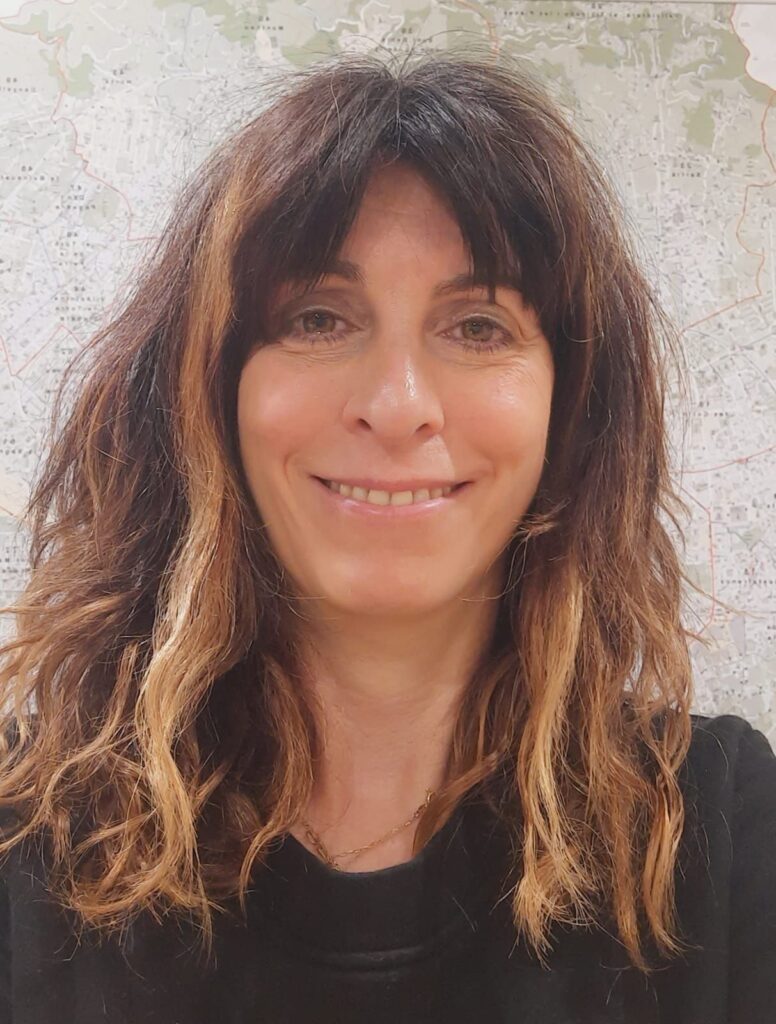Àngels Vila Muntal

Director of the Crime Prevention Department, City of Barcelona (Spain)
Mrs. Àngels Vila is the Director of Prevention Services at the Barcelona City Council since 2020. Previously, she has held different positions and responsibilities in the Department of the Interior in the Government of Catalonia and has also practiced as a criminal lawyer.
Graduated in Law, Graduated in English Studies, Master in Criminal Law and Public Management. She has published articles and has taught on topics related to security, Criminal Law and data protection and privacy.
Do you have any specific hopes or predictions for the future of urban security? (What will urban security look like in 30 years? What will be the main opportunities and risks?)
Urban Security will be very different from what we know now. To mention some of the changes that I think that we are going to experience – some of which we are already beginning to experience – I want to highlight some aspects of our Urban Security in a future 30 years ahead.
First, all actors that work on Urban Security will take into account the uniqueness of the population for which we work. The detail, the specific need, the person, will be important, they will be in the centre. Historically, and still happens today, security is defined and understood as opposed to the existence of crime. In many cases, all the effort are for the moment of reaction, and sometimes in the moment of prevention but from a very operational perspective. This is going to change. Preventive policies are going to emerge with more force than ever, Urban Security cannot answer all the problems that citizens present. Because, why is it that often when crime drops people see their perception of insecurity increase? Because many times their problems are not related to public safety, but rather they are related to other areas that the police cannot answer by themselves.
Second, Urban Security will be more equitable, more democratic, security policies will be implemented taking into account diversity, gender, and the needs of specific groups. But without this being an exception, taking these perspectives into account will be the most absolute normality. It will not be a general policy of security for everybody.
Finally, it will be a security that will not be exclusively in the hands of the police or the public powers with security powers. Organized citizens will influence security policies and also will carry out or contribute to the implementation of these policies. Civil society will have greater control capacity, which will force organizations to exercise better communication and transparency policies. The police alone cannot respond to all security problems; therefore it will count on civil society to help them respond to problems and needs that arise. A relationship of mutual trust should be established.
Why do you think it is so important to involve citizens in urban security practice?
Because we must always bear in mind that Urban Security is nothing more than a public service. It is not something we make in a laboratory for research proposals. It is a job, a responsibility, that we carry out to guarantee that people can live in freedom, in conditions of maximum security, with dignity, without fear, without discrimination, etc.
We need to listen to people, what are their needs, concerns and priorities. We also need them to know what ours are. And what are resources. And together we have to put the pieces of the puzzle together. If we carry out this process separately, we are doomed to fail.
